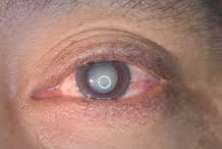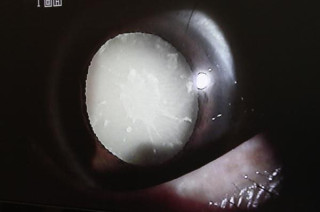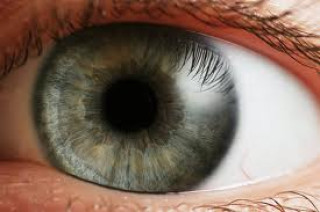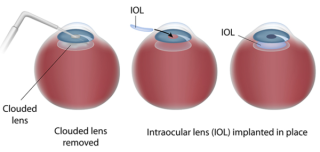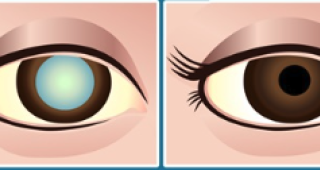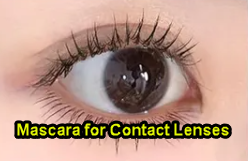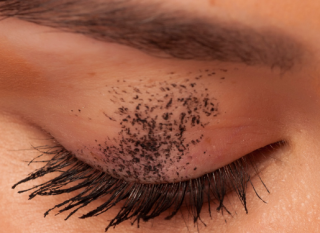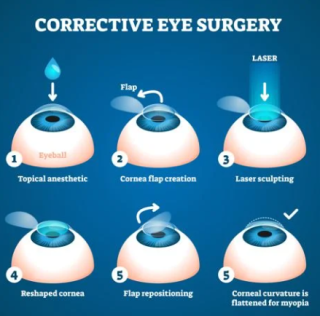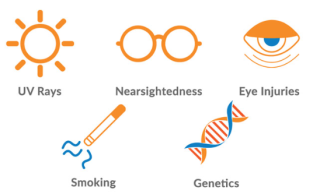What are the Symptoms of a Cataract?created at Nov 18, 2009 1,394 1,394 Cataracts, |
Understanding the Role of Optometrists in Eye Carecreated at Nov 18, 2009 1,427 1,427 What is an Optometrist?An optometrist, |
Can Cataract Surgery be done with Laser?created at Nov 18, 2009 1,451 1,451 Cataract Removal: Ultrasound, |
Benefits of Cataract Surgerycreated at Nov 18, 2009 1,338 1,338 Cataract surgery offers a remarkable restoration of vision, |
Unlocking Clear Vision - The Success of Cataract Surgerycreated at Nov 18, 2009 1,316 1,316 Cataract surgery represents a significant success story in modern medicine, |
The detail information for Cataract Surgerycreated at Nov 18, 2009 1,498 1,498 The Evolution of Cataract SurgeryCataract surgery has undergone a dramatic transformation.What was once a lengthy hospital stay involving large incisions is now a streamlined, |
Who is a Candidate for Cataract Surgery?created at Nov 18, 2009 1,483 1,483 Cataract surgery is considered for individuals whose vision is significantly impaired by cataracts, |
Unveiling the Fog - Understanding the Causes of Cataractscreated at Nov 18, 2009 1,410 1,410 Unveiling the Fog - Understanding the Causes of CataractsHave you ever wondered what causes those cloudy patches in your vision, |
Understanding Cataractscreated at Nov 18, 2009 1,438 1,438 A cataract is essentially a cloudy lens in your eye.To understand it, |
What is an Optician?created at Nov 18, 2009 1,440 1,440 An optician is a healthcare professional specializing in the dispensing and fitting of eyeglasses and contact lenses.Their primary role is to help you select and obtain the right eyewear to correct your vision, |
Choosing the Right Mascara for Contact Lens Wearerscreated at Sep 08, 2009 1,630 1,630 Key Factors to ConsiderChoosing the right mascara for contact lens wearers requires careful consideration to avoid irritation and maintain comfortable vision:Hypoallergenic Formula: Look for mascaras specifically labeled as hypoallergenic or formulated for... |
Dealing with Mascara in Your Eye: Tips for Quick Reliefcreated at Sep 06, 2009 1,430 1,430 Getting mascara in your eye is an irritating and uncomfortable experience.Thankfully, |
LASIK Surgery: Should You Treat Both Eyes Simultaneously?updated at Dec 07, 2024 1,481 1,481 Whether to treat both eyes simultaneously during LASIK surgery is a matter of surgeon preference and patient comfort.While simultaneous treatment is faster and more convenient, |
LASIK Risk Factorscreated at May 24, 2009 1,378 1,378 Several factors increase the risk of complications following LASIK surgery.These include pre-existing dry eye disease, |
